|
An absolutely manic display of hyperkinetic editing and visceral bloodshed, Clarence Yiu-leung Fok's Naked Killer has got to be one of the sexiest Hong Kong films ever made, a film that uses its ultra-stylized formal constructions and sumptuous spatial spaces in a way that manages to be celebratory about femininity while simultaneously an affront to the normalized misogyny which continues to plague contemporary culture. The male gaze is subverted and weaponized, utilized as a tool for this narrative about female assassins to reap vengeance on men whose purview of a woman is nothing more than an object to be taken and made malleable to their own bodily desires. The text of the film - the story of a young woman who is trained by a secret society of female assassins who effectively hunt down and kill predatory men - is relatively straightforward and pointed in its thematic commentary, yet the film subtextual still remains open to variant readings such as intrasexual competition, love/lust dynamics, homosexuality, etc. Eroticism is a major component of this film, and the sensuality of the film is palpable yet comes from a constant place of empowerment, not objectification. The love story resting at the center of this film between a police officer and this female assassin, who begins to fall for this man on an emotional level, is pointed in the sense that it inverts traditional gender roles, with her being the protector while he himself takes up the more traditional feminine role. There is an argument here that the film ultimately supports heteronormative notions of sexuality, with the way the film unfolds, another reading which the text provides an opportunity to ruminate on. Naked Killer is a film which is open to variant readings, particularly related to society's relationship with sexuality, yet the film remains fulfilling for those just wanting to watch a bit of escapist extravagance, as the film is visually stunning kaleidoscope of light and image, sumptuous in the way it creates its world around a group of female assassins.
0 Comments
A genre film masquerading as a melodrama or is it a melodrama dipping its toes into genre, I'm not really sure, but John M. Stahl's Leave Her to Heaven is a fascinating and ambitious film in its general intentions, profiling a character who carries an understated emotional fragility, one which drives her to commit atrocious acts as she conflates the selfless nature of love with pervasive possessiveness. Gene Tierney gives such a balanced and nuanced performance, which largely through subtext brings a humanizing presence to a character that could easily be simply perceived as diabolical. The fragility she bestows despite her actions speaks subtextual to past trauma that has driven her to conceptualize love in such a destructive manner, one rooted in possession and control, not love - the fear of losing this attachment leads her to abject violence. Features some beautifully constructed sequences of tension and violence which play into this woman's cursed conceptualization of love. I'm still hard-pressed to call this woman sympathetic, given the extremity of her actions and yet the film leaves the viewer in a perpetual state of frustration about this wild narrative, one which first-and-foremost is rooted in excavating the overwhelming sadness of this story while showcasing how the past and present are far from disparate forces - one's past transgressions being intrinsically formative towards their present experience
A subversion of the Ronin archetype, Miike's familiar themes of family ties and displacement are strapped to a more streamlined drama formalism which fully maintains his penchant for bloodshed and nihilism. Miike's second feature sees the prolific filmmaker embrace a more conventional narrative framework while maintaining his penchant for focusing on those who exist on the periphery of society, with this film telling the story of a disgraced Japanese assassin stranded in Taiwan who conducts low-grade work for a lower-level Taiwanese crime boss. Miike doesn't feel particularly interested in normative notions of family but the epistemological experience of what it can provide, and through this stoic characterization resting at the fulcrum of this story he unearths an understated story of family, one in which this ronin attempts to construct something real out of the gallows of his day-to-day existence. Miike's response to the Taiwanese New Wave in some respects in that it shares several core themes related to diaspora, identity and familial dissonance associated within, yet it remains distinctly his grim, the film's bloody conclusion representing the cyclical nature of violence, the familial ties, and underlying emotions related to displacement and identity which effectively keep humanity in a perpetual state of violence.
A lean-and-mean, jump-scare centric horror film which is serviceable in its ability to encapsulate and satisfy this particular moment in time - quarantine. Playing into the alienating and distancing nature of social interaction via screens, Host works more than it doesn't at eliciting effective thrills around its straightforward narrative construction - a seance conducted via Zoom that goes horribly wrong. There is no thematic intent, no true subtext, but it provides enough ingenuity and clever horror constructions to make it worthy of your time, and clocking in at an hour in length, the film seems to know exactly what it is, so it won't waste your time either.
Sweeping, socially-pointed melodrama which formally and aesthetically draws heavily from the film noir tradition. The expressivity of aesthetics are employed to the film's expansive but familiar tale of star-crossed lovers navigating a world defined overwhelmingly by bankrupt notions of worth. Ascribed status dictates one's fate, and while Awaara never repudiates this cultural construction outright in its narrative - the central protagonist himself was indeed the offspring of a respectable class who, along with his mother, was expelled by mistake - the emotional lifeblood of the film, one of forbidden love, is a subtle affront to prescriptions of worth defined largely by material conditions. The film walks a fine line in this regard, being critical of a culture embedded with ascribed status through its emotional poignant tale which illustrates how toxic, destructive, and blinding bias can ultimately be to the truth-seeking. Awaara exhibits through its narrative how large-scale differentiation in material conditions breed such in-group, out-group dynamics where such bias' flourish, and the tumultuous journey of its central protagonist can be read as an affront to faux, idealistic notions of meritocracy and class-movement under capitalism, one in which poverty is simplistically viewed largely as a by-product of an effort, an easy comfort to those born into more affluent conditions. Ultimately the text itself is a sweeping love story with noir style: Love is boundaryless, legality is socially constructed, the laws of man stand no chance when placed against the natural will of the heart, which in its most empathetic operative mode doesn't see bias
Paulo Rocha's The Green Years traverses the archetypical story of young love in the big city to deliver a piercing and potent examination of darker aspects of urbanization, detailing the fracturing of community and despondency in which bodies are dehumanized, commodified, and placed into a perpetual state of competition, beholden to the promises and ultimately deceptions of decadency. Set in Lisbon, the story details a young man who has left the agrarian lifestyle and moved to the big city, seeking a better life for himself. Rocha's visual construction of urban spaces provides an early hint into the film's thematic intentions - the spaces of the city consume frame, often evoking a sense of claustrophobia, yet early on, the film exists in a space in which a better life feels absolutely attainable, as the allure of decadence brought by industrialization provides a sense of hope. As the film progresses, the individual pursuit for the attainment of this promise creates schisms, Lisbon and its people are showcased as being perpetually at odds with themselves and each other, struggling to find their identity in this new urban space - the juxtaposition of the allure of the big city with the trials & tribulations of attempting to eke out a meaningful life is displayed with a searing yet empathetic lens. For Rocha, the disruption of community-driven by transnational economic progress is too much to bear, the competition and schism it manifests are not worth the material rewards
Eternally a stylist at his core as a filmmaker, Im Sang-Soo's revisionist The President's Last Bang wields the mysterious assassination of Park Chung-hee Park to deliver a darkly comedic satire, on in which the epoch itself provides an ample playground for the filmmakers' stylistic flourishes and formal designs which consistently exude panache. Not particularly interested in projecting an incisive political commentary, The President's Last Bang is largely a monolithic assailment of all parties involved, the chaos created by political power vacuums and the men who seek such authority are purveyed through a gleeful yet sardonic lens.
S.S. Rajamouli's Magadheera is another bombastic piece of pop cinema that manages to traverse a litany of genre sensibilities to deliver another infectious, incomprehensible cinematic experience in which the spatial and temporal nature of our world is made malleable to the film's will. I, for one, appreciate how this film is indiscriminate in its objectification of the body, celebratory about aesthetics and it's utility. A sweeping melodrama in which a violent sword and sandal epic is infused with a pop romance via the reincarnation mythos, the former feeling like the director's dry-run for Bahubali. Rajamouli's visual acumen serves this film well, another dazzling display dynamism and ingenuity of image
Positions Japan as a bleak and unforgiving industrial landscape, exuding a sense of alienation in its characters whose response to the disparate and desolate milieu they inhabit is to embrace their proclivities for perversion. Attempting to break free of the rigid inorganic machinery which defies their environment, the body itself becomes a form of expression - the confluence of pain and pleasure, trauma with jubilance, a by-product of humanity's intrinsic attachment to, and need for affect. Unforgivingly oblique, Takahisa Zeze's Raigyo is a grim journey into desolation and mental anguish, a pink film in which sex is void of eroticism - every act of pleasure feeling rooted in defensive impulse, juxtaposed against a setting that enunciates the industrialization coercive effect on the natural world
There is an interesting text / subtext in King Hu's Come Drink With Me, related specifically to the tactical exploitation of normative notions of worth employed by it's two chief protagonists. For the inebriated wanderer, Drunken Cat, his mistaken identity is one of his own creation, as this skilled martial artist creates a facade as a reaction to normative perceptions, hiding his true power/worth by tactically exploiting pre-conceived notions. Golden Swallow doesn't have such a luxury, as she is consistently referenced as a male - an explicit elucidation of gender normative notions of worth, in which such a strong female character is reactionarily perceived as male by her adversaries. Subtextually, through the juxtaposition of these two characters who form an alliance due to sharing a similar ethical code of conduct, Come Drink With Me encaptures the inequalities related to gender and power in society. Mistaken Identities and the inequalities of perception are thematically illustrated through Hu's streamlined tale - far bloodier than I expected too
|
AuthorLove of all things cinema brought me here. Archives
June 2023
|
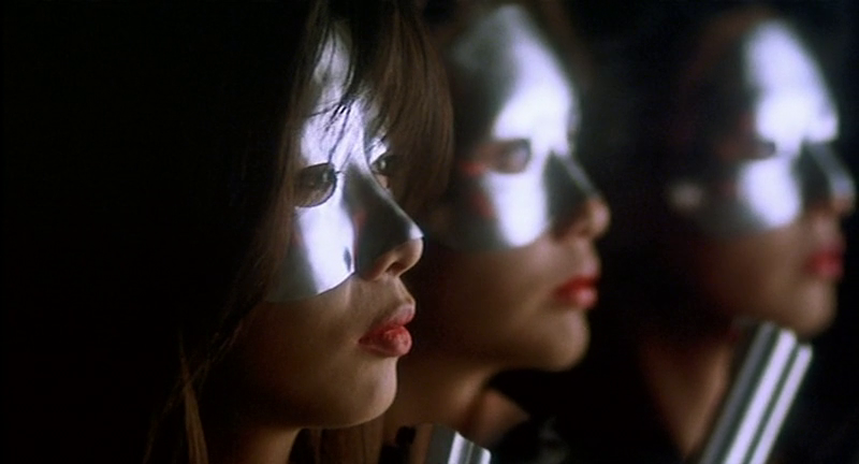
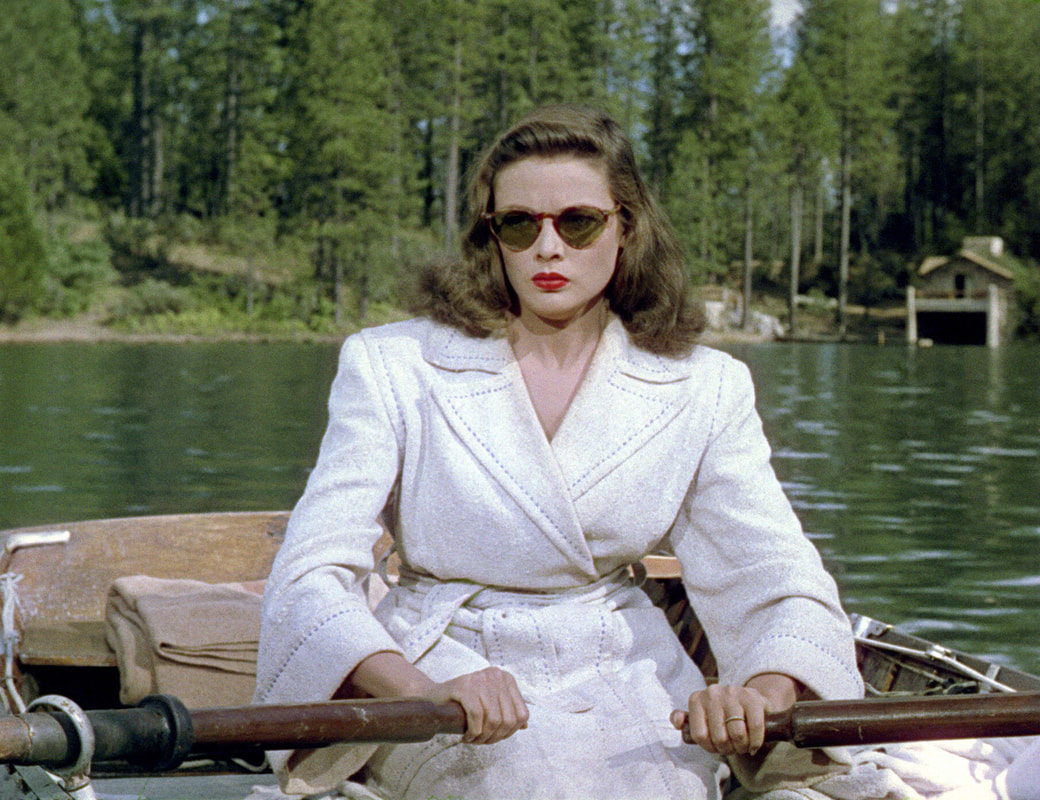
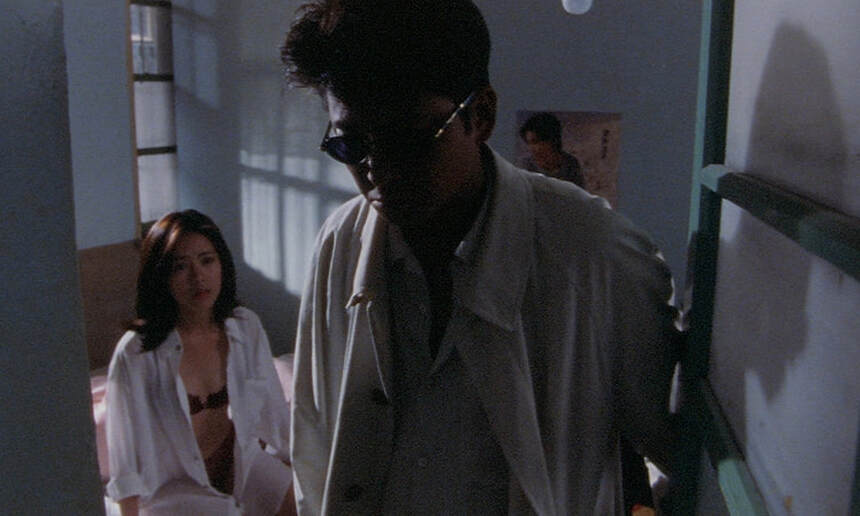
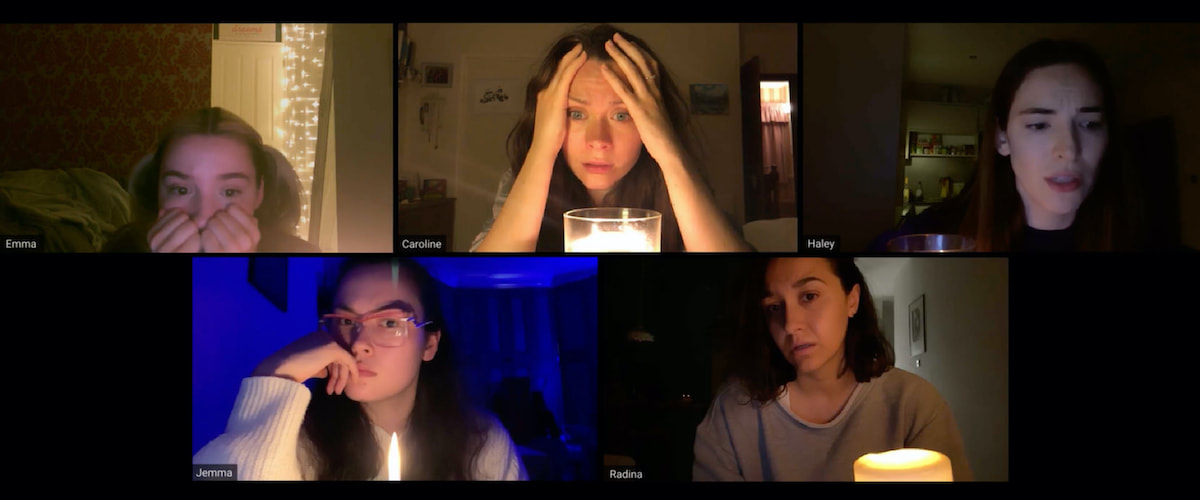
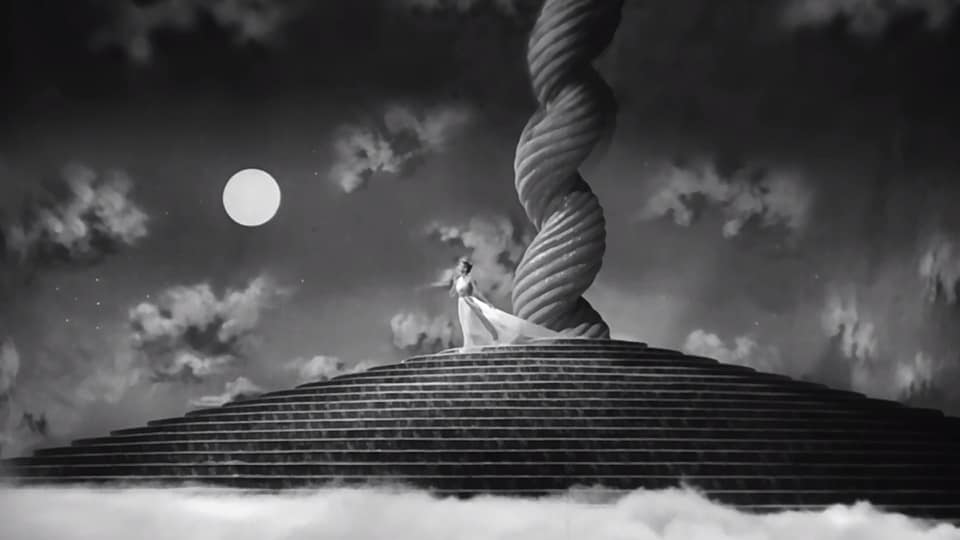
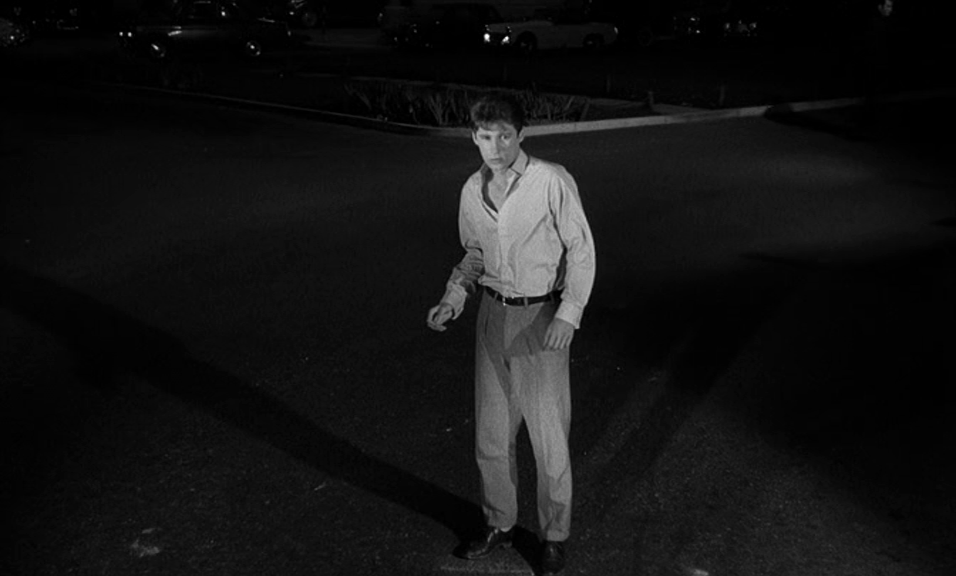
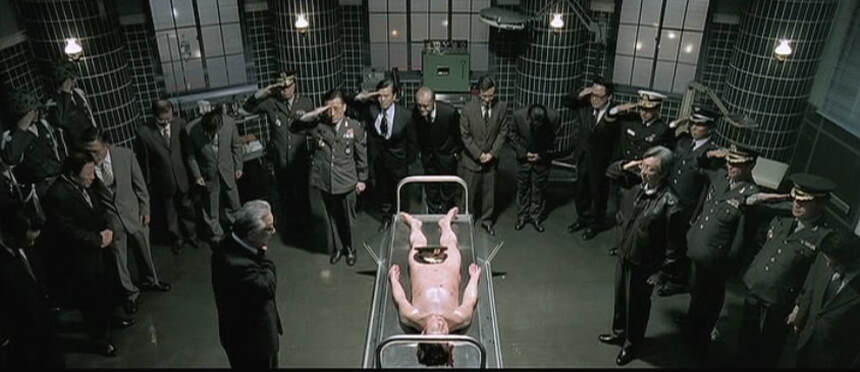
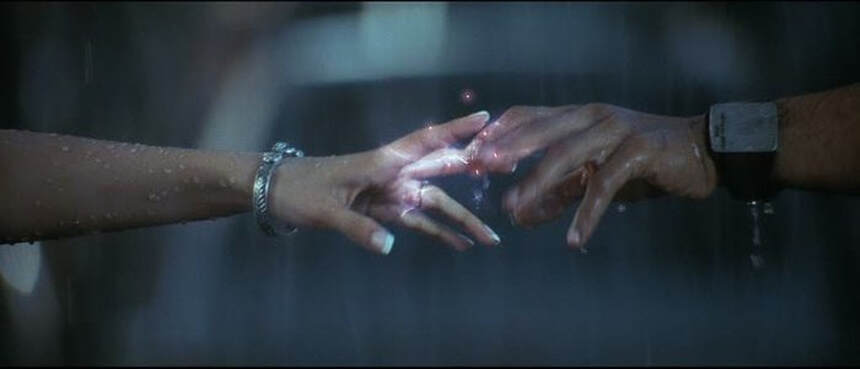
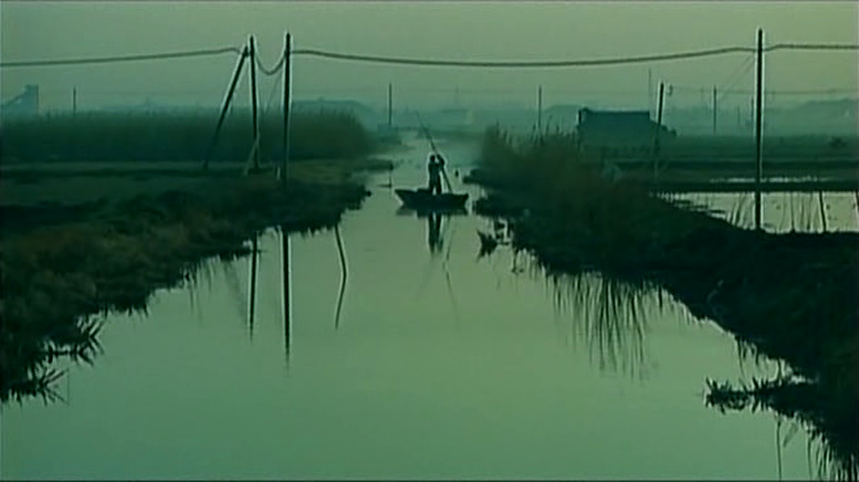
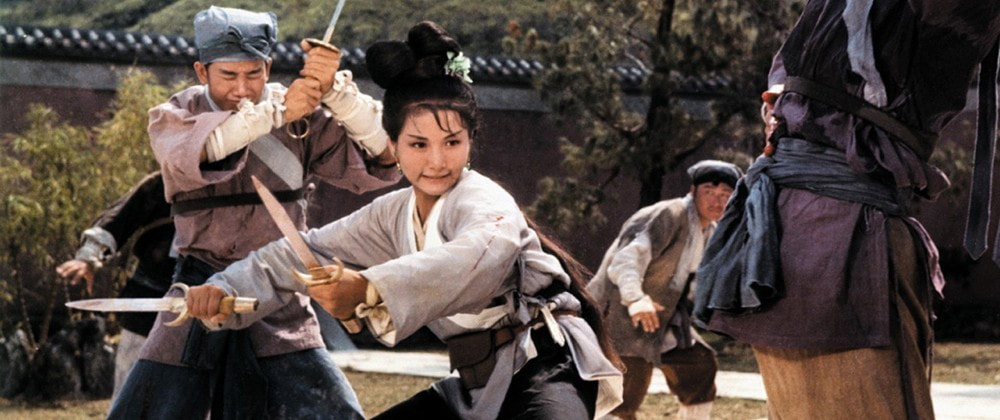
 RSS Feed
RSS Feed
